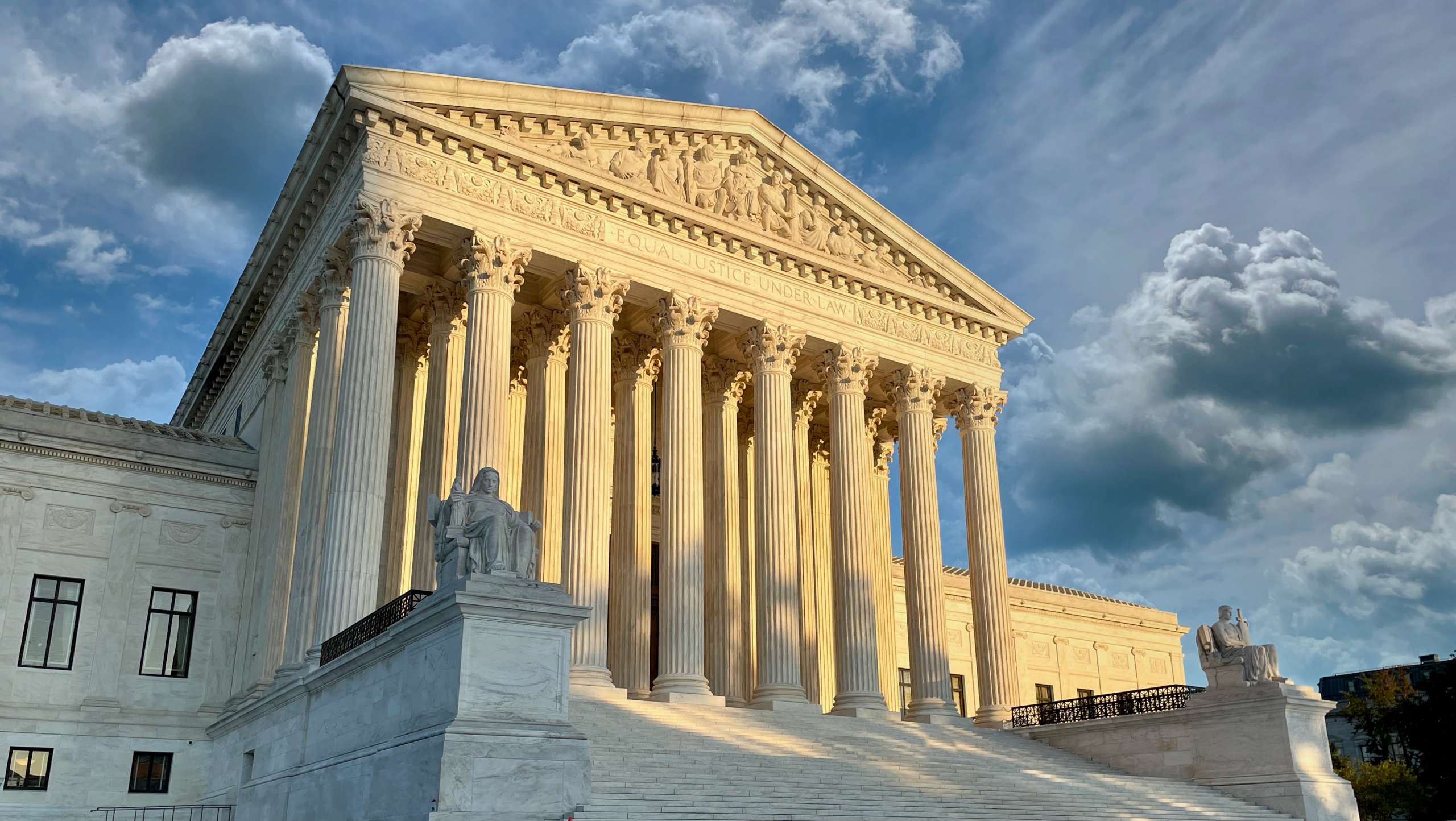Proof of Intent Not Required for Constructive Discharge Allegation under False Claims Act

In a March 2 decision, the Sixth Circuit Court of Appeals ruled that plaintiffs who sue their former employers for constructive discharge under the False Claims Act do not need to show that their employer intentionally forced them out of their jobs.
The case involved Sue Smith, a director of nursing, who quit her position with LHC Group Inc., a home health care provider, to avoid being caught up in what she perceived to be an illegal scheme to defraud the government.
Smith alleged that other employees regularly bypassed proper procedure and admitted patients without the requisite clinical evaluation and documentation. Senior management ignored her reports and allegedly boasted that the fraudulent scheme brought in $6 million annually. Smith, felt she had no choice but to quit or later be subject to prosecution if she remained in her supervisory position while other employees continued the fraud. Smith then sued LHC Group, Inc., claiming they had violated the whistleblower provisions of the False Claims Act by constructively discharging her in retaliation for her reports.
The Court ruled that a “jury may find that the employer’s alleged fraudulent behavior plus the employee’s moral conscience and reasonable fear of being accused of participating in the employer’s fraud is enough to justify quitting. Whether we call her resignation a “constructive discharge,” “harassment” or a form of discrimination, the employee should be made “whole” under the statute and accorded the “relief” set out in section (2) of § 3730(h) if the jury finds in her favor.”
The Court sent the case back to the District Court for further proceedings consistent with its opinion.
“Whistleblowers are often forced into the dog house, harassed and pressured to commit wrongdoing. This case recognizes the reality that faces many whistleblowers and gives them a legitimate cause of action,” said Stephen M. Kohn, the author of The New Whistleblowers Handbook and a partner at the whistleblower law firm of Kohn, Kohn and Colapinto, LLP.
The False Claims Act qui tam provision permits employees to report fraud against the United States and obtain financial rewards.
Latest News & Insights
November 19, 2025





